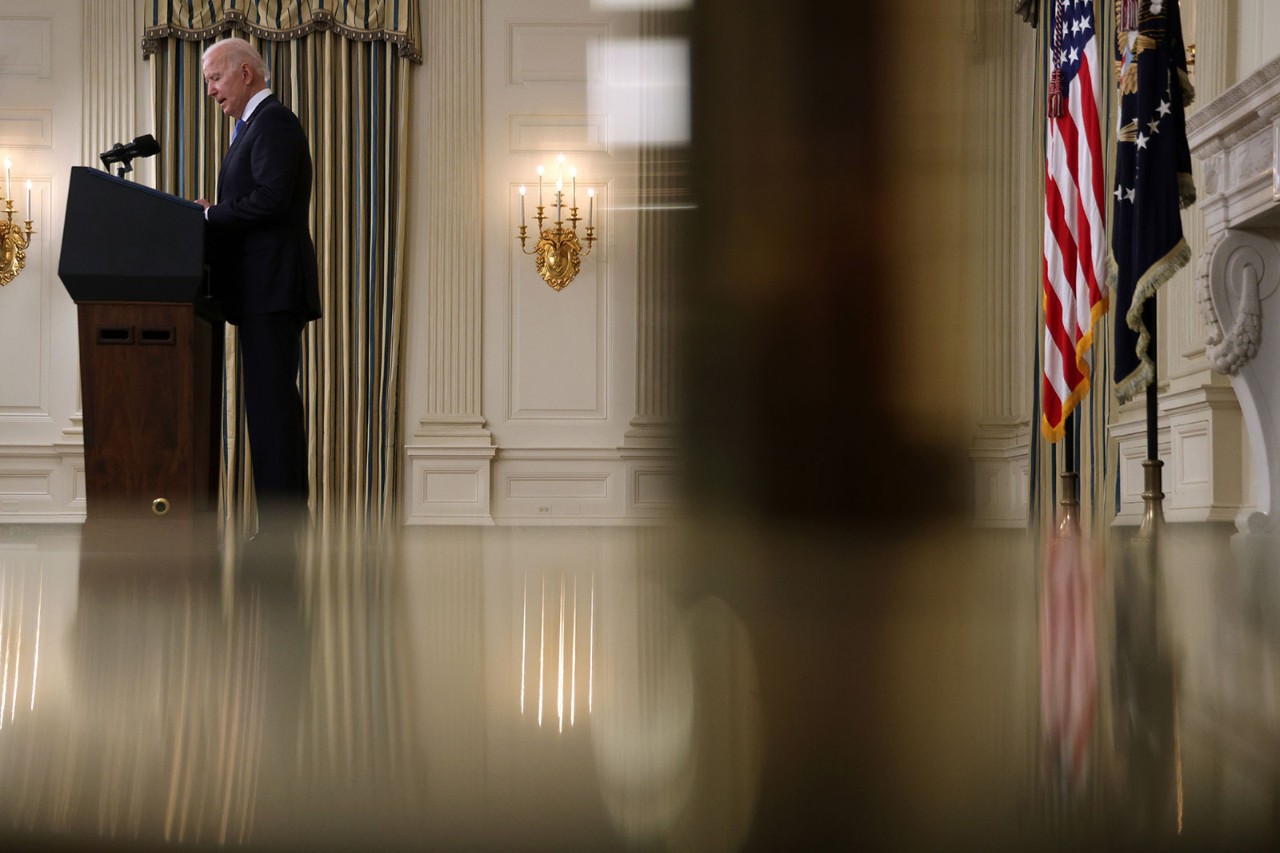
Blockchain technology has become a recurring theme in recent top news stories.
In March, there was the purchase of Twitter CEO Jack Dorsey’s first tweet for more than US$2.9m and the US$69.3m sale of a collage by a digital artist named Beeple.
The items were sold in the form of non-fungible tokens (NFTs), which are pieces of data containing blockchain-based tamper-proof information to show that these are the originals.
These two transactions were paid with a cryptocurrency (digital money supported by blockchain) called ether; the buyer of Dorsey’s tweet is the Malaysia-based CEO of a blockchain company, while the two men who own the Beeple piece run a crypto-exclusive fund in Singapore that specialises in NFTs.
Last month, South Korea announced that it would introduce a mobile app through which its citizens can provide digital proof of vaccination. Malaysia and Singapore too are relying on this technology to secure their digital vaccination certificates. Blockchain, also called distributed ledger technology, will safeguard the integrity of the data.
‘Blockchain technology makes it possible to improve productivity, logistics, transparency and integration across various sectors in leaps and bounds,’ says Meera Eeswaran, senior lecturer at Asia Pacific University in Kuala Lumpur and member of ACCA’s Global Education Forum.
Brace for impact
Alvin Gan, head of technology consulting at KPMG in Malaysia, believes that blockchain is poised to have a major impact on every industry because it can provide real-time, permanent verification for financial and operational transactions.
In an October 2020 report, PwC quantifies this broad promise, with the firm’s economists expecting blockchain to boost global GDP by US$1.76 trillion by 2030.
'Innovation is on everyone's mind and blockchain has a front-row seat'
Some decision-makers in the public sector have decided that blockchain’s economic and social consequences should not be left to chance. The Australian government published its National Blockchain Roadmap in February 2020, while Malaysia’s Science, Technology and Innovation Ministry is drafting a similar document.
Beijing is China’s launch pad for blockchain innovation and adoption, with the municipality last year releasing two action plans – one for the development of the industry and the other for the use of the technology in government services.
Last December, four Singaporean government agencies got together to start a blockchain innovation programme with S$12m in funding.
Getting buy-in
But even the best-laid plans need buy-in and contribution from all stakeholders. Considering that the business world is expected to supply entrepreneurship and capital, its perception of blockchain is critical.
Deloitte has been conducting annual global blockchain surveys since 2018. According to the firm, the 2020 survey of senior executives and practitioners in 14 countries suggests that blockchain is ‘solidly entrenched in the strategic thinking of organisations across industries, sectors and applications'.
Digital economy advisor and blockchain evangelist Andy Roy Sian says those in the Malaysian business community who are familiar with the technology, particularly people actively involved in blockchain projects, are highly positive about its benefits and opportunities.
'Building trust and transparency by investing in digitisation is a priority that has gathered pace during Covid-19'
Harpreet Singh Maan says Malaysian businesspeople have generally been curious about blockchain for years. The problem is they cannot find the right use cases to implement the technology and are reluctant to invest in blockchain R&D projects, adds the CEO of Blocklime Technologies Sdn Bhd, a development and training company focusing on blockchain.
And when they do embark on implementation projects, most of them cannot get past the proof-of-concept or pilot stage. According to KPMG’s Gan, this is due to overemphasis on what the technology does and too often the blockchain mission is not viewed strategically.
A better approach, he recommends, may be for each organisation to identify the area of operations where it is most important to elevate trust in how the organisation functions within its partner ecosystem.
Trust is a key word here. In its October 2020 report, PwC says: ‘Trust is fragile in a digital world. Building trust and transparency by investing in digitisation is a priority that has gathered pace during Covid-19.’
'Blockchain makes it possible to improve productivity, logistics, transparency and integration'
Harpreet of Blocklime says although businesses are still searching for appropriate blockchain applications, the local blockchain start-up scene has been growing fast, and Malaysia could become a regional hub of high-value startups.
‘The pandemic has shown us how broken our systems are. Innovation is on everyone's mind and blockchain has a front-row seat,’ he adds. ‘Blockchain is already changing the way we do business. In the coming years, startups will disrupt the landscape by introducing cheaper and more sustainable business models and methods.’
In Deloitte’s 2020 Global Blockchain Survey, 88% of respondents agreed that blockchain technology is broadly scalable and will eventually achieve mainstream adoption.
That will happen, says Meera, when more companies have funds to undertake blockchain pilot programmes and it becomes increasingly apparent that investments in the technology can generate worthwhile returns.
Opportunities
The support and participation of accountants is necessary as well. At a conference in February this year, Malaysian Institute of Accountants CEO Dr Nurmazilah Mahzan said blockchain is a game-changer for accountancy, considering that it makes triple-entry accounting possible.
To begin with, there must not be any fear that blockchain threatens the accountant’s role. ‘It is a common presumption that new technologies eliminate jobs. But blockchain creates opportunities for myriad accountancy activities,’ Meera argues.
‘Accounts management software that incorporates blockchain will provide more efficiency, optimisation, record permanence and transparency, freeing up firms to build their advisory services or other specialities.’
It will help, she adds, if employers make it clear to employees that blockchain can allow accountants additional time to do more value-added work and enhance their strategic decision-making functions.
Andy Roy Sian points out that an organisation’s acquisition of digital capabilities is not decided by the technology team alone. It is the collective call of the leadership, and the accountants, as gatekeepers of the funds, to have a say in the matter.
‘Without adequate understanding and appreciation of the subject, accountants may end up standing in the way of the successful execution of their organisations’ digital business transformation agenda,’ he says.
Learn and relearn
Gan says it is crucial for accountants to understand the technology and how it will shape the profession and audits.
For example, blockchain can present certain risks that revolve around system interoperability, auditability, control and collusion, data management and governance. Its transparency and accessibility can also change record-keeping and assurance practices.
‘Accountants need to be ready for all the possibilities that come with the implementation of this technology. It will definitely transform the landscape, as well as the job responsibilities. In short, the key is to learn, unlearn and relearn,’ Gan adds.





